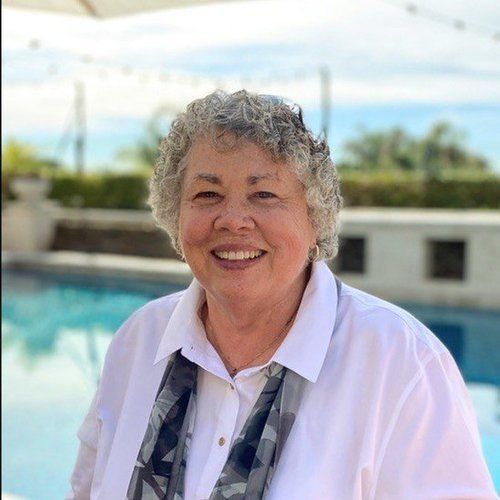
Our tongue gets us in trouble. No, I am not talking about those eight muscles that manipulate food for swallowing and help form words for speaking. No, I am talking about the analogies that James gives us in chapter three of his epistle (the bit and bridle with a horse, the rudder on a ship, a powerful spark of fire).
Our TONGUE has enormous power over our relationships. It represents our observations and our thinking. Those thoughts come out in the conversations that fill our daily lives. Too often, they are consumed with the kingdom of self rather than focused on seeking His kingdom and His righteousness.
There are a whole host of ways we use our mouths to spread filth. We tell off colored stories, we use derogative terms for people, we sling cuss words around, or punctuate our tirades by taking the Lord’s name in vain.
But sometimes we promote the kingdom of self just by being imprecise with our words or terms.
There was an old cartoon that showed two people talking. The caption read, “I know you believe you understand what you think I said, but I’m sure you realize that what you heard is not what I meant.”
In Paul Tripp’s book Getting to the Heart of our Words, Paul quotes Norm Wright who said that when two people talk, there are at least six possible messages that can get through.
Since there can be such confusion and frustration with our spoken words, it’s no wonder that scripture tells us “Let your ‘Yes’ be yes and your ‘No’ be no.” We are to choose our words carefully. We need to think before we speak. We need to consider the unintended consequences that might arise out of a diatribe.
I think Solomon had that in mind when he urged us, “Be not rash with your mouth, nor let your heart be hasty to utter a word before God…therefore let your words be few” (Ecclesiastes 5:2). But if we have let our words run amok for a while, it might be hard to rein them in. So, let’s be very intentional about our tongue.
This week, let’s join the Psalmist when he prayed, “Set a guard, O Lord, over my mouth, keep watch over the door of my lips” (Psalm 141:3).
Our TONGUE has enormous power over our relationships. It represents our observations and our thinking. Those thoughts come out in the conversations that fill our daily lives. Too often, they are consumed with the kingdom of self rather than focused on seeking His kingdom and His righteousness.
There are a whole host of ways we use our mouths to spread filth. We tell off colored stories, we use derogative terms for people, we sling cuss words around, or punctuate our tirades by taking the Lord’s name in vain.
But sometimes we promote the kingdom of self just by being imprecise with our words or terms.
There was an old cartoon that showed two people talking. The caption read, “I know you believe you understand what you think I said, but I’m sure you realize that what you heard is not what I meant.”
In Paul Tripp’s book Getting to the Heart of our Words, Paul quotes Norm Wright who said that when two people talk, there are at least six possible messages that can get through.
- What you meant to say.
- What you actually said.
- What the other person hears.
- What the other person thinks he hears.
- What the other person says about what you say.
- What you think the other person said about what you said.
Since there can be such confusion and frustration with our spoken words, it’s no wonder that scripture tells us “Let your ‘Yes’ be yes and your ‘No’ be no.” We are to choose our words carefully. We need to think before we speak. We need to consider the unintended consequences that might arise out of a diatribe.
I think Solomon had that in mind when he urged us, “Be not rash with your mouth, nor let your heart be hasty to utter a word before God…therefore let your words be few” (Ecclesiastes 5:2). But if we have let our words run amok for a while, it might be hard to rein them in. So, let’s be very intentional about our tongue.
This week, let’s join the Psalmist when he prayed, “Set a guard, O Lord, over my mouth, keep watch over the door of my lips” (Psalm 141:3).

Sherry Worel
Sherry Worel is a Bible teacher at heart and lives a life of ministry. She’s been involved at Coast Hills teaching Women’s LIFE, Bible studies, online courses, devotionals, participating in Upstream conversations, and much more. Having a love for education, Sherry has over 50 years of teaching experience with schools, churches, and mission agencies. As well as earning her Master’s at Talbot Seminary, she rounded out her education with 35 years as Head of School at Stoneybrooke Christian School. Sherry is happiest with a book or fishing pole in hand.
Posted in Articles
Posted in Words, Discernment, Wisdom, Speech, Psalm 141, Guard, The Tongue Part 2
Posted in Words, Discernment, Wisdom, Speech, Psalm 141, Guard, The Tongue Part 2
